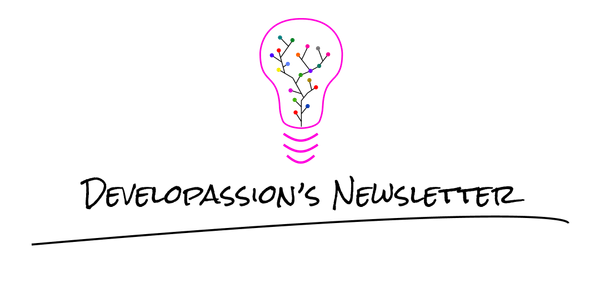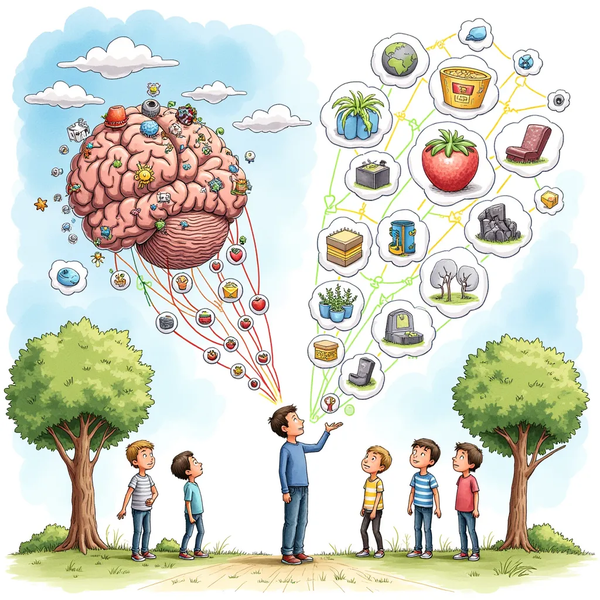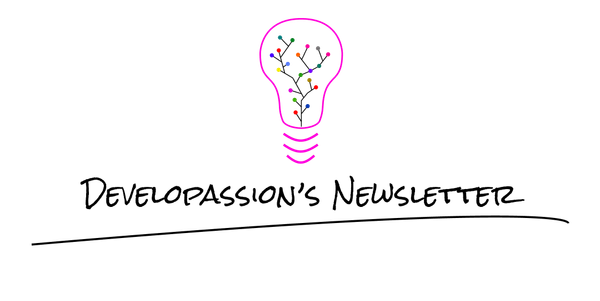Note-taking vs Note-making
Taking notes and making notes are different but complementary. Learn about the difference and why you should care
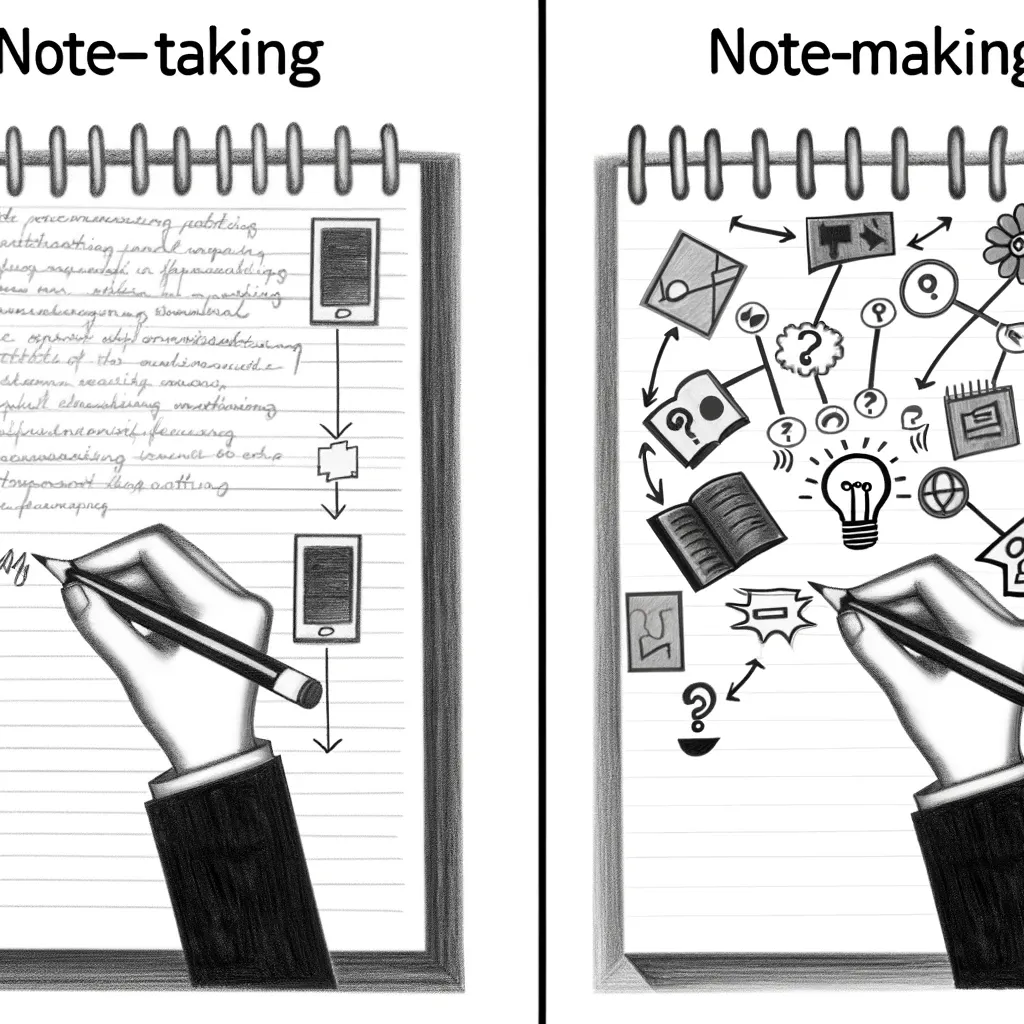
In this article, I want to explain the differences I see between note-taking and note-making. One could consider I am splitting hairs, but I do believe that there's really an important distinction between both. Whether you agree or not, both are really underrated.
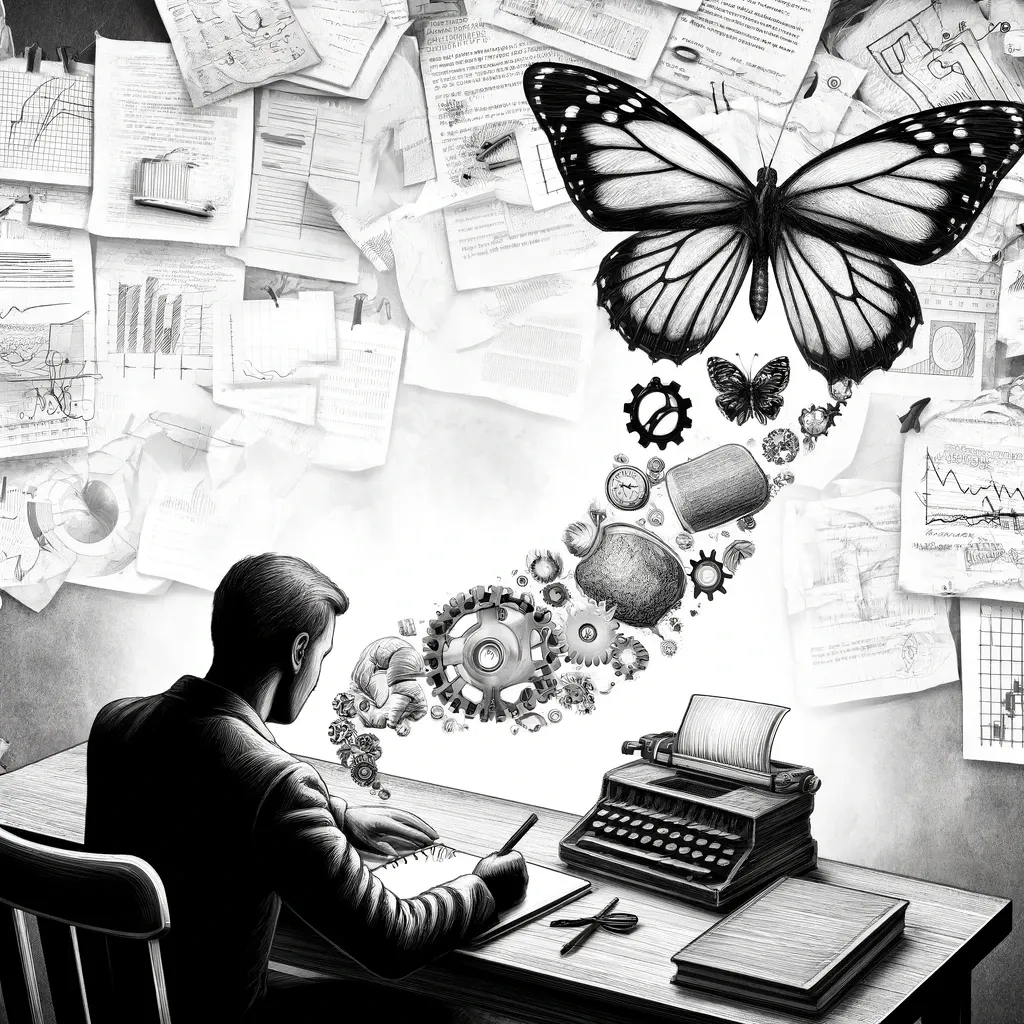
What is note-taking
For me, note-taking is the act of capturing information and knowledge that comes from the outside world. That is, we take notes, either verbatim or using our own words, in order to store what others have expressed.
Note-taking is an activity that we can perform anywhere, anytime. Whenever we read, see or hear something interesting, we can take notes about it. We can take notes during a course, during a meeting, while watching a presentation, while watching a YouTube video, while reading a non-fiction book, etc. There are really countless cases where note-taking is useful, as I've argued in my previous article. The goal of those notes is usually to help our future self find the information back at some point.

Generally speaking, notes are a condensed version of the information we've encountered. For instance, a mind map or a set of bullet points that summarize an hour-long presentation. Notes should generally have a high density of information, with a lot of signal and very little noise.
While taking notes, we can also capture our own thoughts, remarks and opinions. For instance, whenever I take notes while reading non-fiction , I complement those with my own thinking. This adds value to the captured information as it can then become a source of inspiration, a starting point for further research, etc. As such, note-taking is also about capturing what the information we encounter "triggers" within us. Moreover, while doing so, we can also make connections with our existing knowledge, which can be extremely valuable.
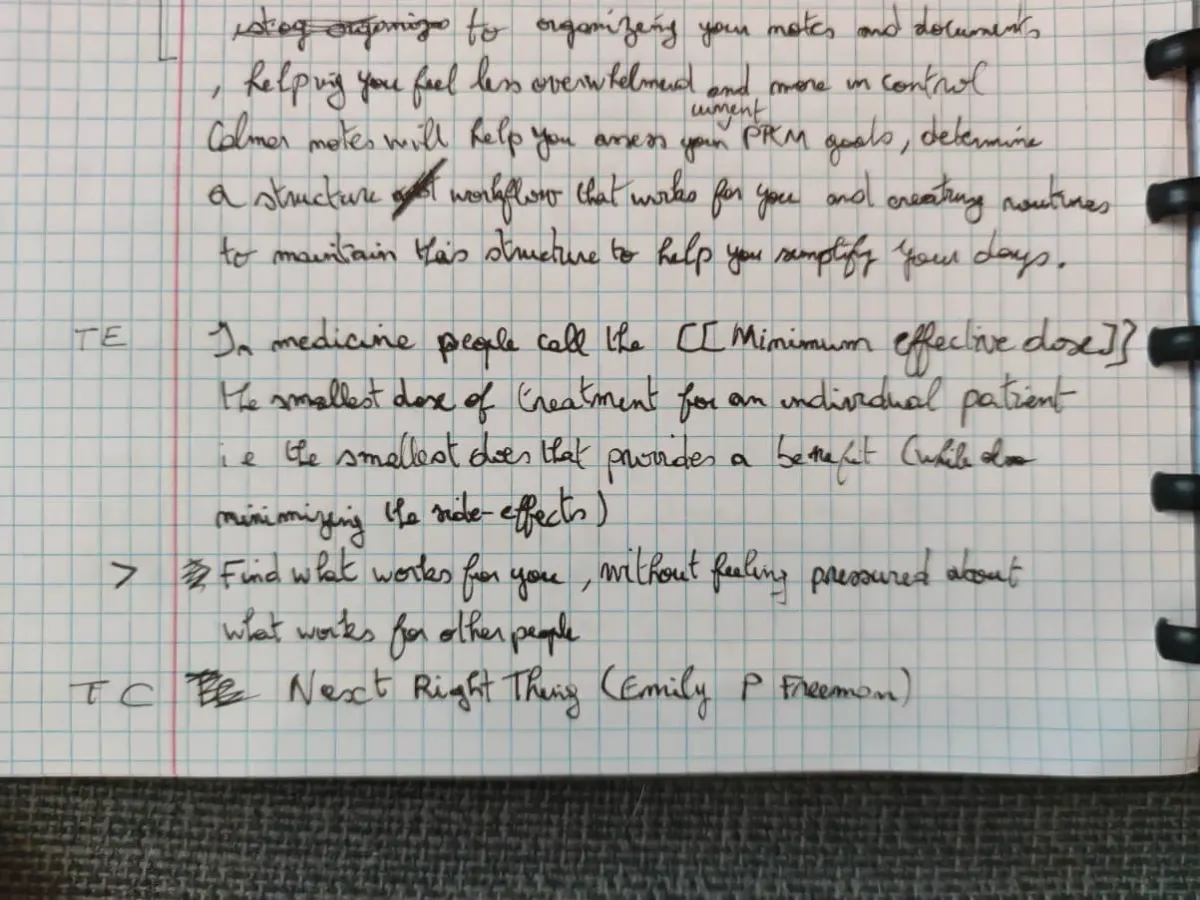
Taking notes also makes it possible for us to share those with others, which is very useful in many situations (e.g., meetings, studies, etc).
If we don't take notes, then it means that we fully rely on our brains to retain information. That's quite risky, as we quickly forget most things we hear or see. It also means we don't benefit from the act of taking notes as discussed above.
What is note-making
While note-taking is mostly focused on what comes from the outside, note-making is about expressing and capturing what comes from within. It's about expressing our own thoughts, ideas, and opinions. It's about finding and using our voice through writing. Note-making is also a powerful way to think. When we sit down to give form to our thoughts, we actually dig deeper within ourselves to find out what we really think and believe. We put words on emotions, subtle ideas, and impressions. We explore the connections and relationships between ideas and concepts.
Note-making is thus a way to express ourselves. It's raw creativity, just like drawing, painting, or taking photographs. Note-makers, writers, and authors are one and the same. Some write to make a living. Some write because they want to grow, change the world, leave their mark, and touch or influence people. Yet other ones just do it for fun. There are probably as many reasons to make notes as there are people alive. But all of those who do write have a strong need to express themselves.
Note-making is a wonderful creativity tool and a fantastic way to do some deep introspection.
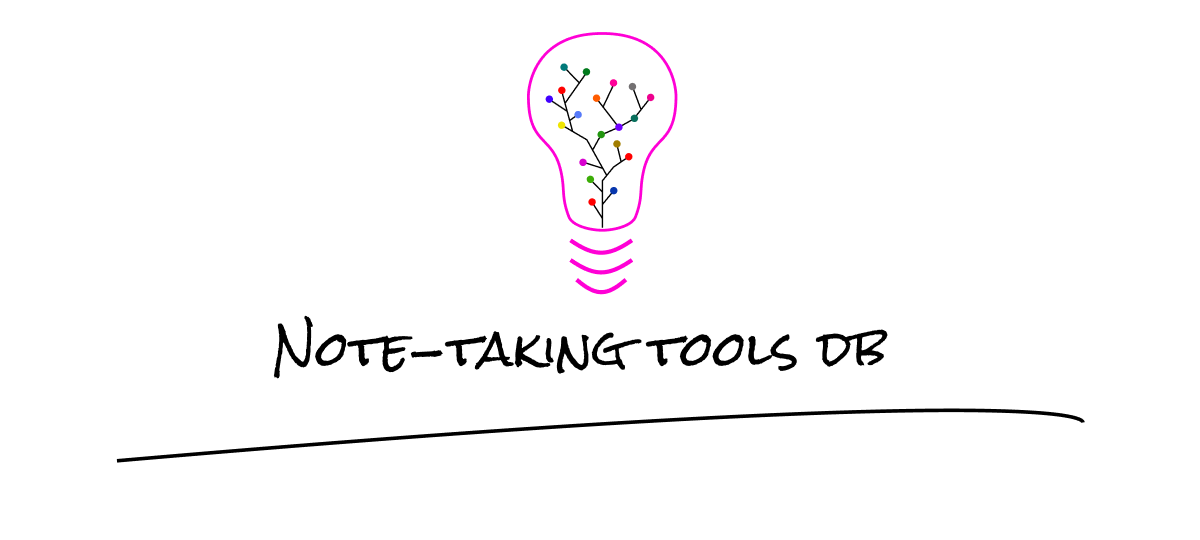
Why Note-taking and note-making are complementary
I've been arguing for quite a long time that note-taking is an essential skill for knowledge workers, students, and lifelong learners. I'm also convinced that note-making can make a huge difference in the lives of many people on earth.
The two are actually complementary and are two sides of the same coin. Note-taking allows capturing, ingesting, analyzing and understanding what we can from the world around us. Note-making allows us to express ourselves, learn more about ourselves, our feelings, and emotions, as well as explore our own ideas.
By combining both note-taking and note-making, we can build upon everything we discover and learn from. We can go above and beyond, adding our own ideas on top of those that influence us and help us grow. We can find our own voice, and let our creativity shine.
Conclusion
In this article, I've shared my ideas about the difference between note-taking and note-making. I've argued that both are complementary and well worth exploring.
If you're curious to learn more, check out my previous article about why take and make notes.
That's it for today! ✨
About Sébastien
I am Sébastien Dubois. You can follow me on X 🐦 and on BlueSky 🦋.
I am an author, founder, and coach. I write books and articles about Knowledge Work, Personal Knowledge Management, Note-taking, Lifelong Learning, Personal Organization, and Zen Productivity. I also craft lovely digital products . You can learn more about my projects here.
If you want to follow my work, then become a member.
Ready to get to the next level?
To embark on your Knowledge Management journey, consider investing in resources that will equip you with the tools and strategies you need. Check out the Obsidian Starter Kit and the accompanying video course. It will give you a rock-solid starting point for your note-taking and Knowledge Management efforts.
If you want to take a more holistic approach, then the Knowledge Worker Kit is for you. It covers PKM, but expands into productivity, personal organization, project/task management, and more:
If you are in a hurry, then do not hesitate to book a coaching session with me:



